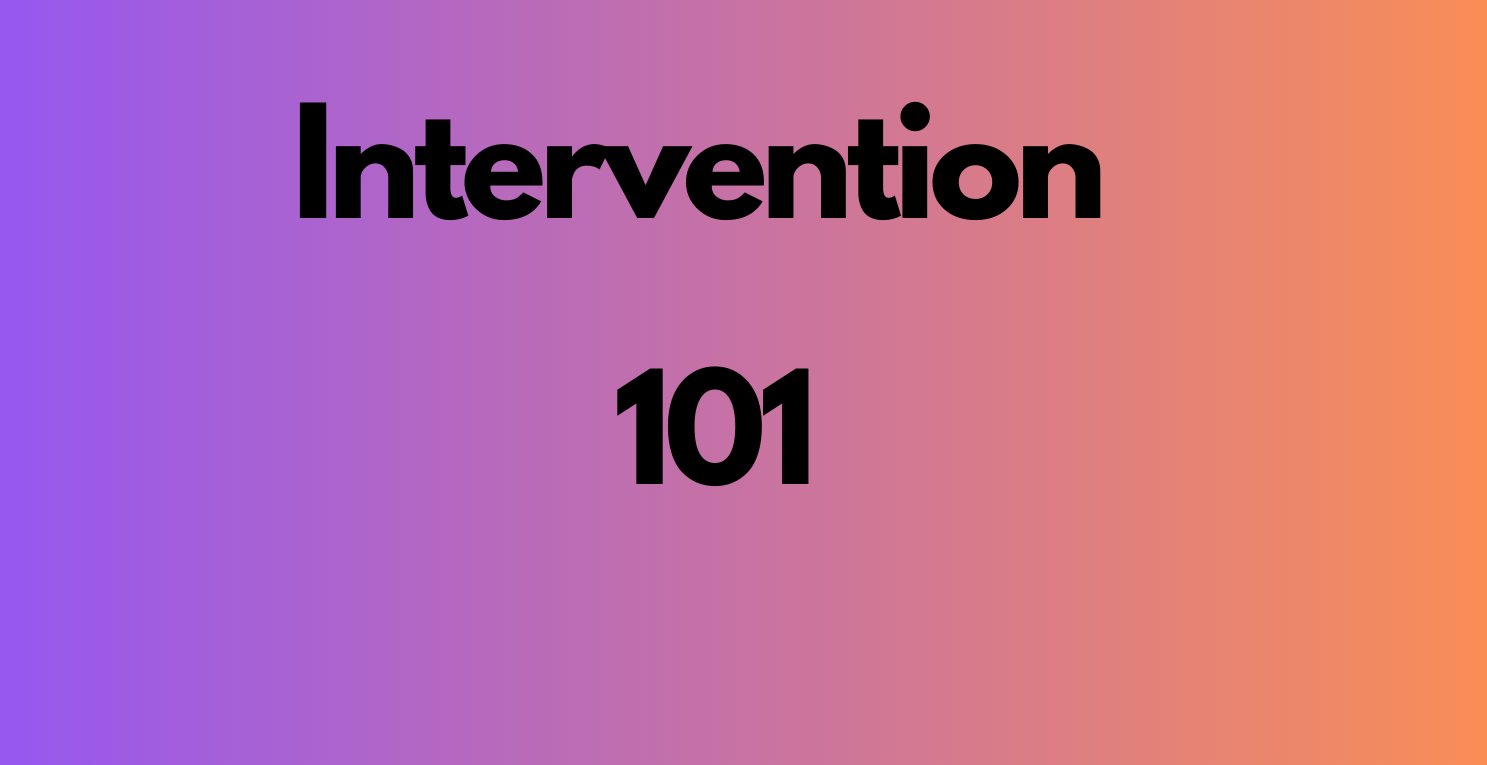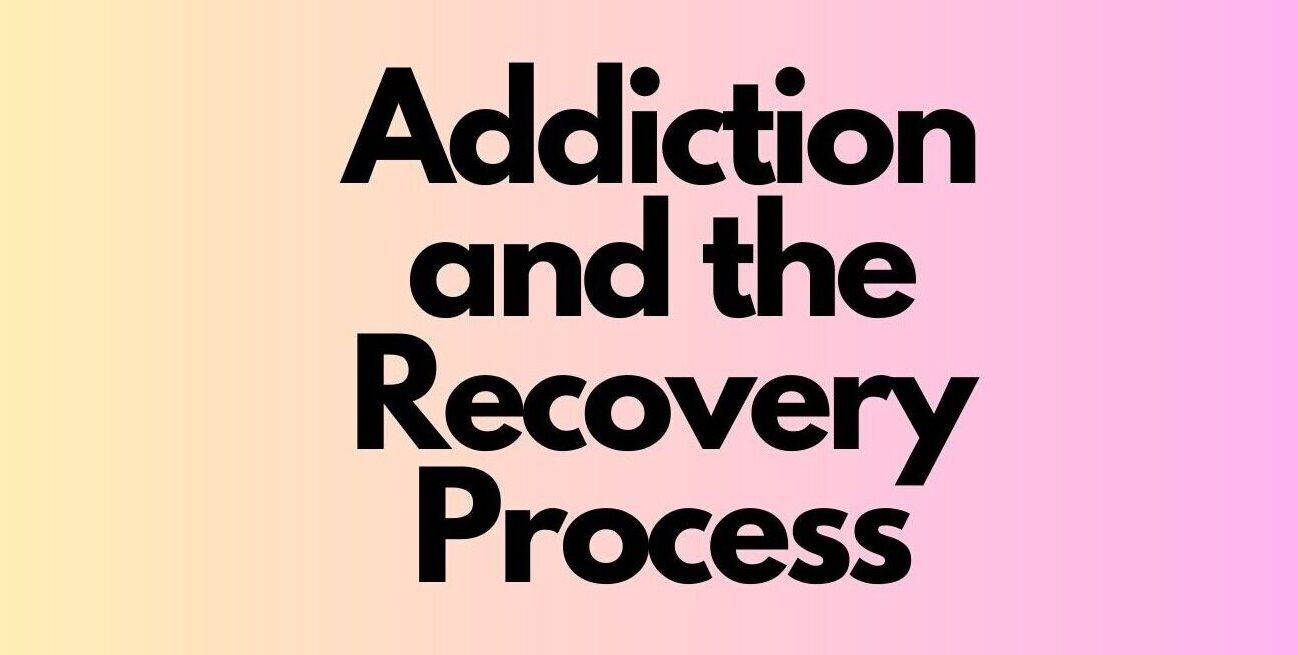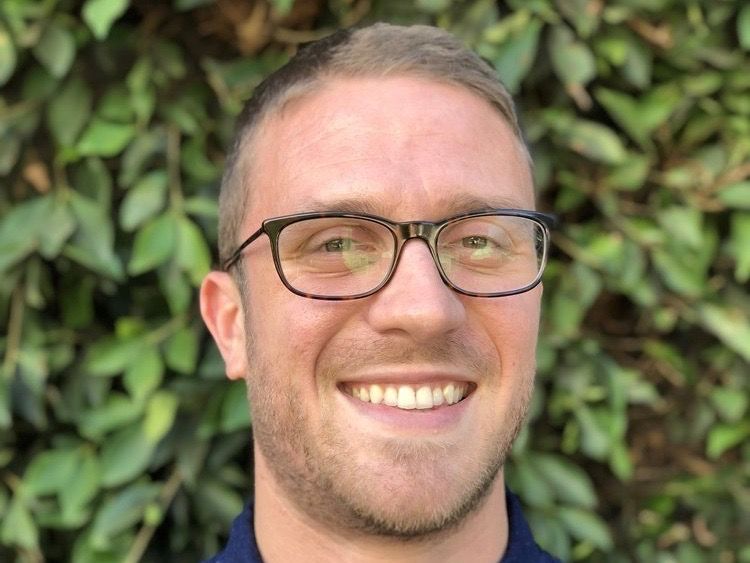Intervention 101
Intervention 101: What is an intervention? It is important to know that not every situation is the same within a family suffering from active addiction. While there is not a one size fits all approach to intervention we wanted to share some insights to educate and inspire those seeking help for a loved one.
Alcohol and drug addiction can profoundly impact not only the individual struggling with the addiction but also their loved ones. Family intervention serves as a powerful tool to confront addiction, express concern, and encourage the individual to seek treatment. At CAST Centers we talk to families everyday about the basics of family intervention and how it can pave the way for recovery and healing.
Understanding Family Intervention
Family intervention is a structured process that involves a gathering of family members and close friends who come together to confront an individual struggling with alcohol or drug addiction. The goal is to communicate their concerns, express love and support, and encourage the individual to seek professional help. Family intervention creates a safe space for open dialogue, allowing family members to express their observations, emotions, and hopes for the individual’s recovery.
Preparing for Intervention
A successful family intervention requires careful planning and preparation. It is essential to educate oneself about addiction, treatment options, and the potential consequences of continuing substance abuse. Engaging a professional interventionist can provide guidance, expertise, and neutrality during the process. Preparing heartfelt letters or statements allows family members to articulate their concerns and express their desire for change. Additionally, making arrangements for treatment options and support services beforehand can facilitate a smoother transition towards recovery.
Conducting the Intervention
During the intervention, family members share their pre-prepared statements, expressing their concerns, observations, and the impact of the addiction on their lives. It is crucial to maintain a non-judgmental and compassionate approach while highlighting the consequences of the addiction. The emphasis should be on expressing love, support, and the potential for a brighter future through treatment. The intervention should conclude with a clear and unified message, outlining the boundaries and consequences if the individual refuses treatment.
After the Intervention
Following the intervention, the individual’s response may vary. They may express a willingness to seek help immediately, or they may need time to reflect and process the intervention. In either case, it is important for the family to follow through with the established boundaries and consequences. Supporting the individual in accessing treatment options, such as rehab programs, counseling, or support groups, is crucial for their recovery journey. Family members may also benefit from attending their own support groups or therapy sessions to address the emotional impact of addiction on their lives.
Family intervention is a powerful intervention strategy that can motivate individuals struggling with alcohol or drug addiction to seek help. By creating a supportive and structured environment, families can foster change, encourage treatment, and provide a solid foundation for healing and recovery for both the individual and their loved ones.






